Introduction to Pegadria Injection
Pegadria Injection is an anticancer medication that contains the active constituent doxorubicin encapsulated in a closed lipid sphere (liposome). Cancer is a disease in which cells multiply in an uncontrolled and abnormal manner. This medication treats breast cancer, ovarian cancer, multiple myeloma (cancer of white blood cells called plasma cells), and AIDS-related Kaposi’s sarcoma.
People with HIV infection have the highest risk of Kaposi’s sarcoma (cancer that forms in the lining of the lymph and blood vessels). Pegadria Injection may be given alone or in combination with other anticancer medicines. This medication is not recommended for adolescents and children.
Use effective birth control during the treatment and at least six months after the last dose. It is important to tell your doctor if you are allergic to peanuts or soya if you are receiving medicines for heart or liver disorders, has diabetes, Kaposi’s sarcoma, or have oral problems before taking Pegadria Injection.
Uses of Pegadria Injection
- Breast cancer
- Ovarian cancer
- Multiple myeloma
- AIDS-related Kaposi’s sarcoma
Therapeutic Effects of Pegadria Injection
Pegadria injection is a new class of drug formulations delivered in vesicles called liposomes. The mechanism of action of doxorubicin HCl is related to its ability to bind DNA and inhibit nucleic acid synthesis. Studies have demonstrated that the drug penetrates rapidly into the cell, binds to certain proteins in DNA, and thereby inhibits cell division and nucleic acid synthesis.
Interaction of Pegadria Injection with other drugs
Inform your doctor about any prescribed medications, over-the-counter medicines, nutrition or vitamin supplements, and herbal products that you are taking or have taken before the treatment. Certain medications may interact with Pegadria Injection and can cause undesirable side effects.
More Information about Pegadria Injection
- Keep Pegadria Injection out of sight and reach of children.
- Store refrigerated at 2°C – 8°C. Do not freeze.
How to consume Pegadria Injection
Your dose and frequency of administration will be decided by your physician based on your disease condition and other factors. It will be given to you by a healthcare professional. Do not self-administer.
Side Effects of Pegadria Injection
Side effects are unwanted symptoms caused by medicines. Even though all medicines cause side effects, not everyone gets them.
Serious
- Fever, tiredness, bruising or bleeding
- Severe diarrhea, sores in mouth, nausea, vomiting
- Lung infections, shortness of breath
- Severe stomach pain
- Severe weakness
Common
- Low blood cell counts
- Hair loss
- Decreased appetite
- Skin rashes
- Pain in the muscles and joints
- Constipation
- Feeling confused, difficulty sleeping
- Headache, dizziness, sleepiness
- Change in taste
- High or low blood pressure
- Excessive sweating
- Pain when passing urine
- Weight loss
- Muscle spasms
- Fast heartbeat










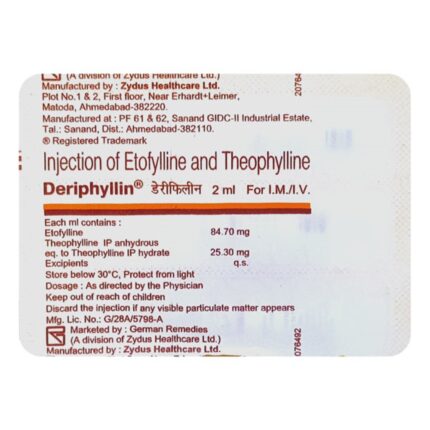



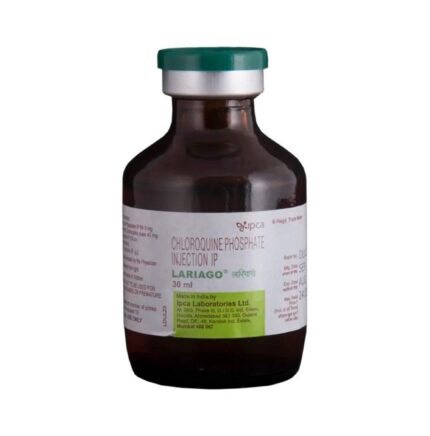
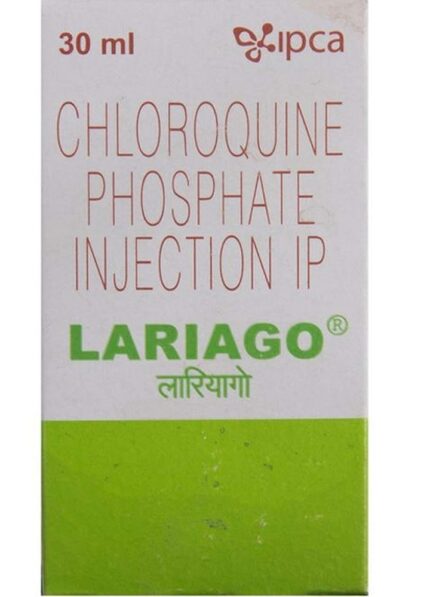


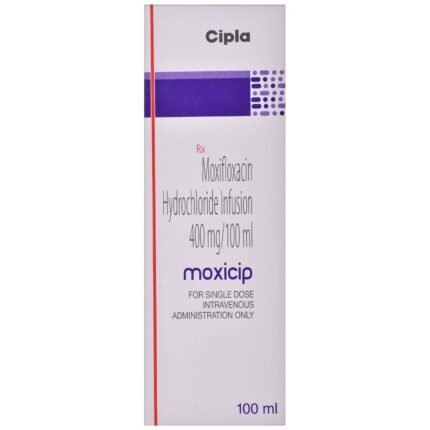
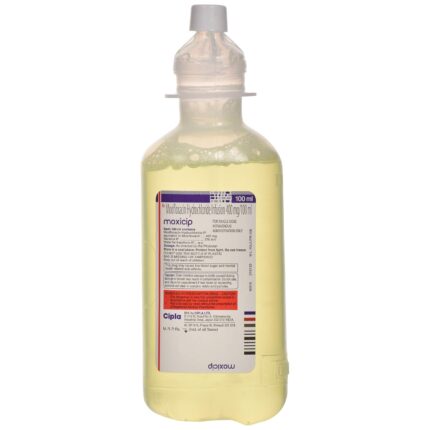




Reviews
There are no reviews yet.